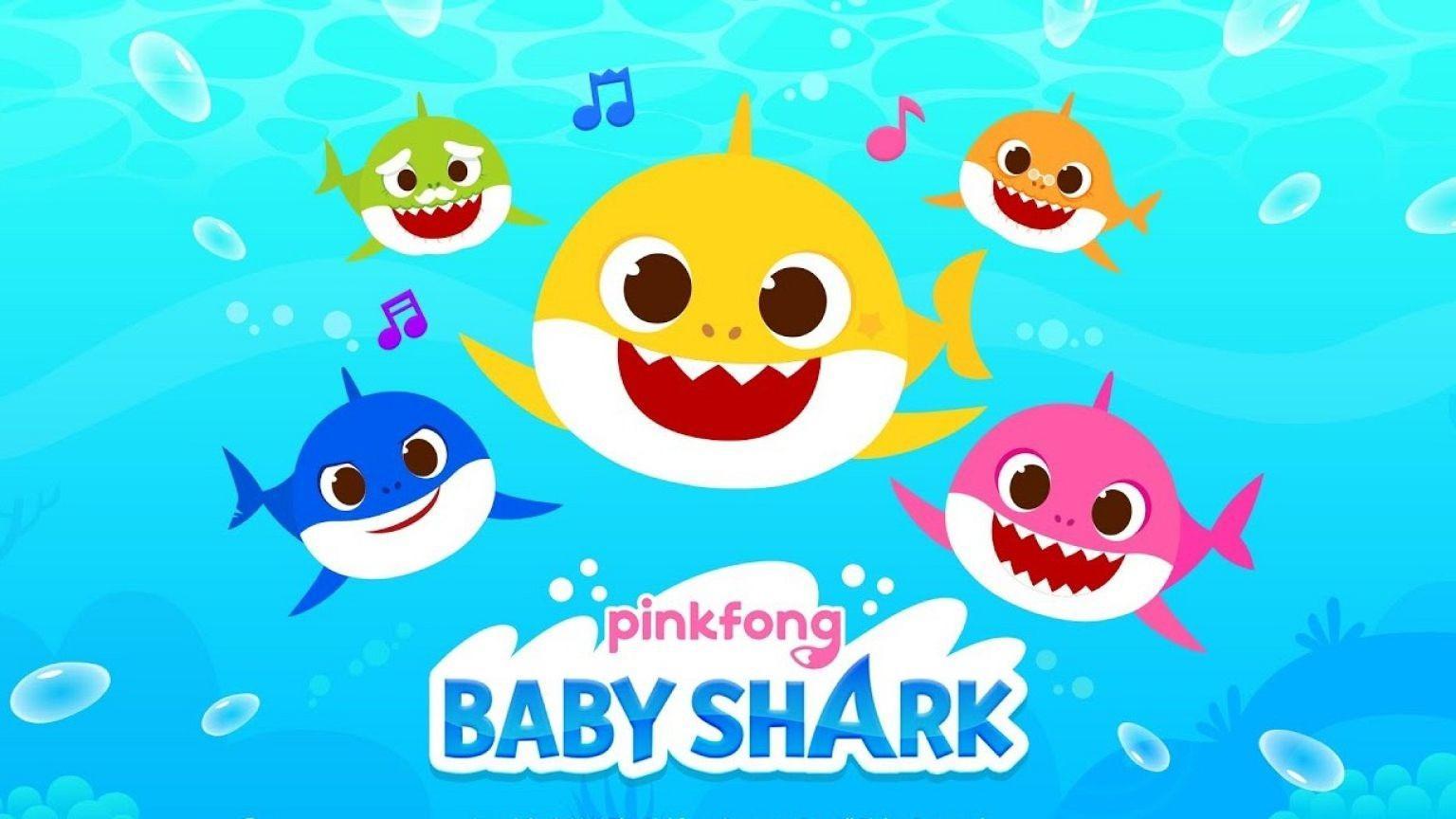
South Korea's top court ruled on Aug. 13 that the globally popular South Korean children's song "Baby Shark" was not plagiarized, rejecting a copyright claim filed by a U.S.-based composer.
With its catchy lyrics, the "Baby Shark Dance" video is the most viewed on YouTube, with more than 16 billion views, roughly double those of the runner-up, "Despacito", and third-place "Wheels on the Bus."
In 2019, New York composer Johnny Only, whose legal name is Jonathan Wright, filed a lawsuit in Seoul, alleging that the 2015 hit "Baby Shark" by South Korean education startup SmartStudy copied a song he had released in 2011.
Only demanded 30 million won ($21,700) in compensation, accusing the firm of copying elements of his work, including its bassline and rhythm.
SmartStudy, now known as The Pinkfong Company, argued that its version was an adaptation of a classic North American children's tune that is not protected by copyright.
A South Korean lower court initially cleared the company of the charges at a trial in 2021, finding that there was insufficient evidence of copyright infringement.
That ruling was upheld by an appeal court in 2023.
Only then challenged the 2023 decision, but South Korea's Supreme Court affirmed the lower court rulings on Thursday.
"All appeals were dismissed and the lower court's rulings were upheld," according to court documents seen by AFP.
The Pinkfong Company said in a statement Thursday that the Supreme Court's decision confirmed "Baby Shark" was "based on a traditional singalong chant that has entered the public domain."